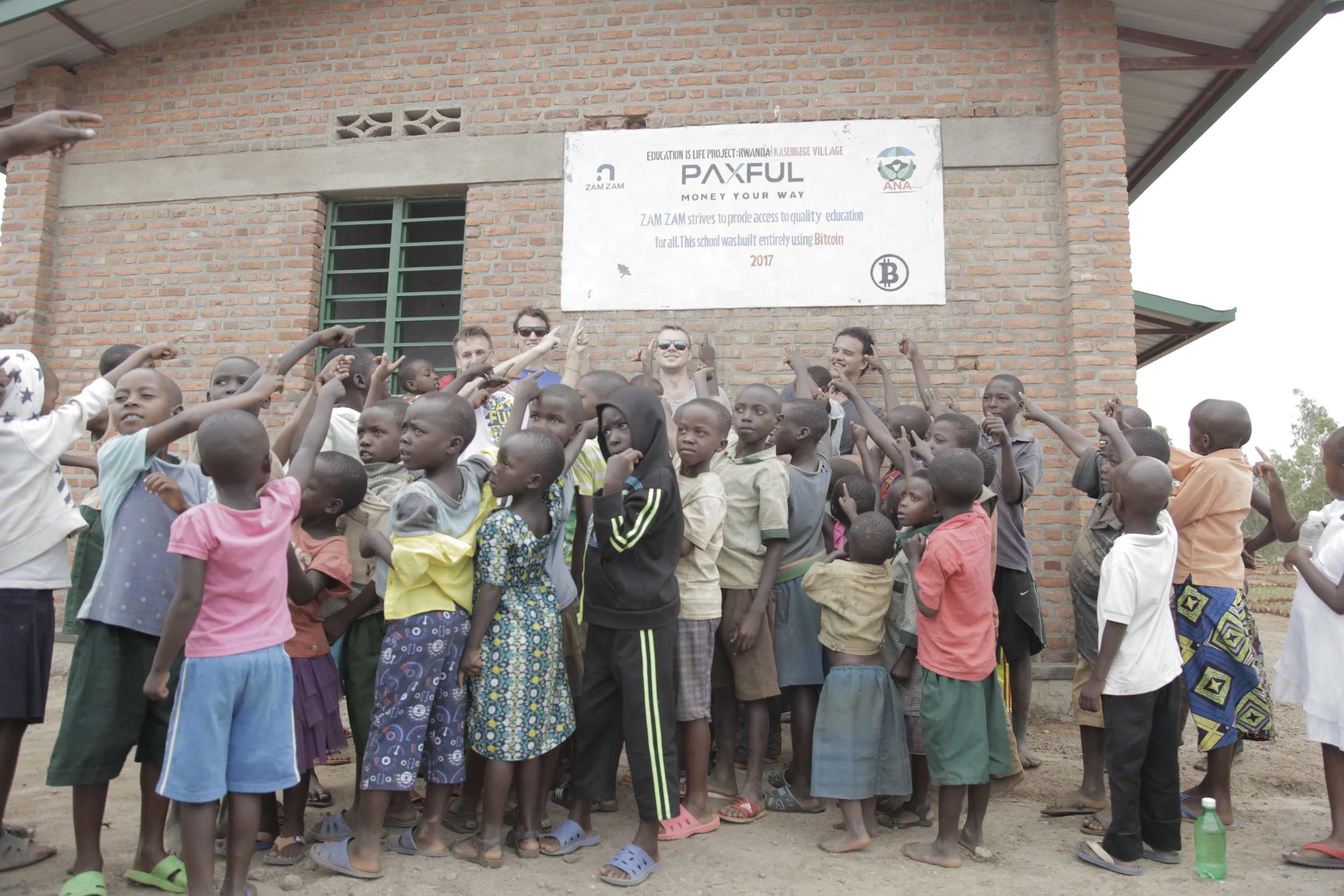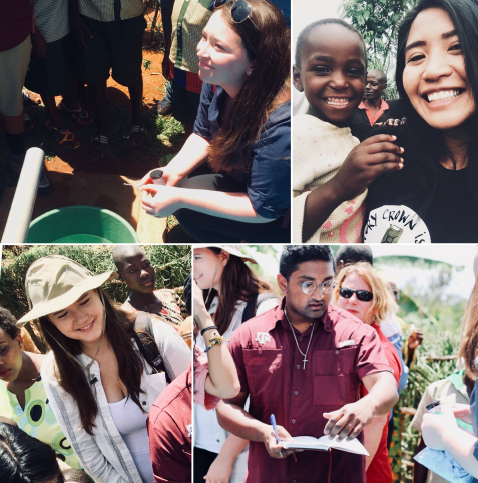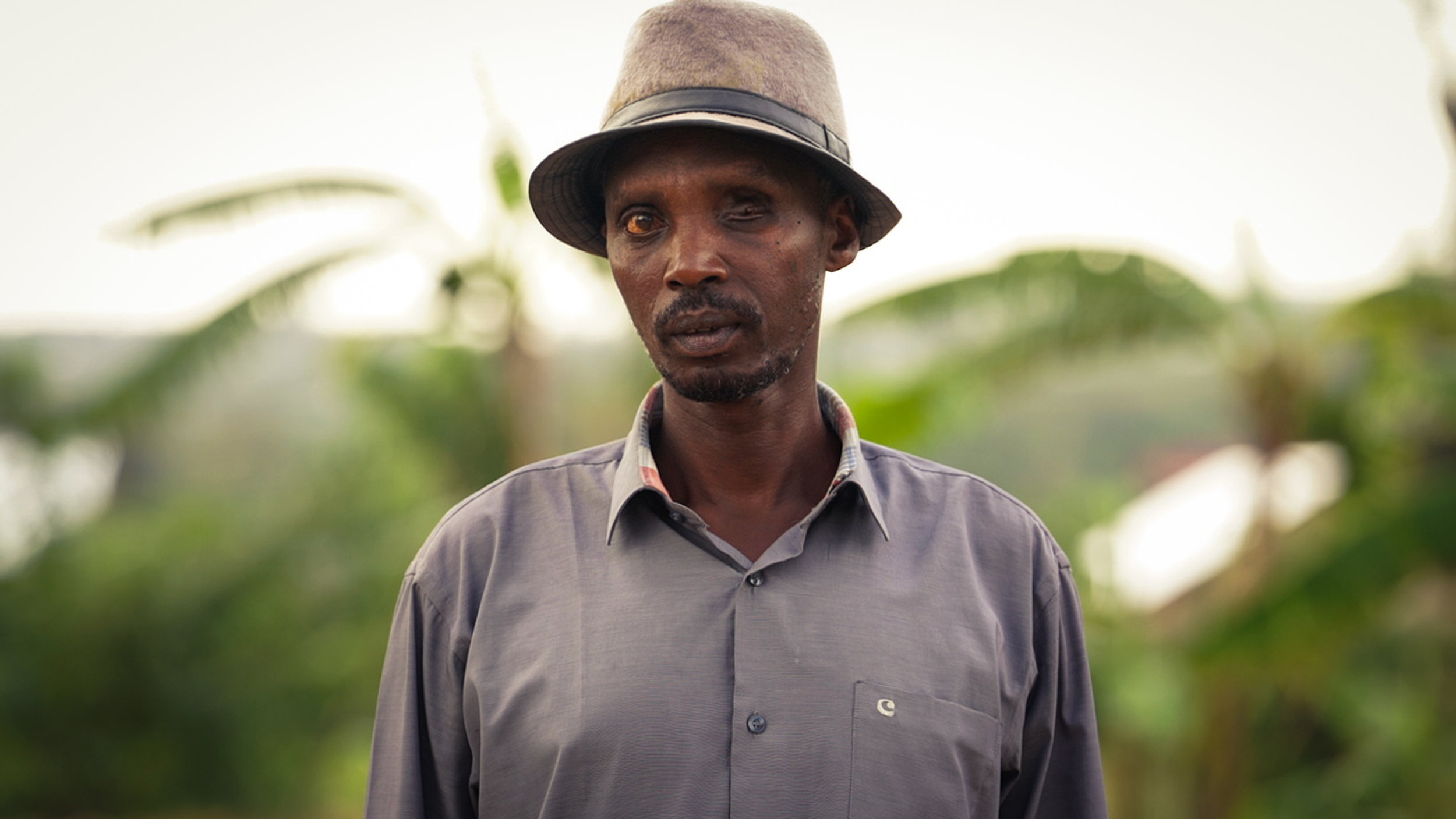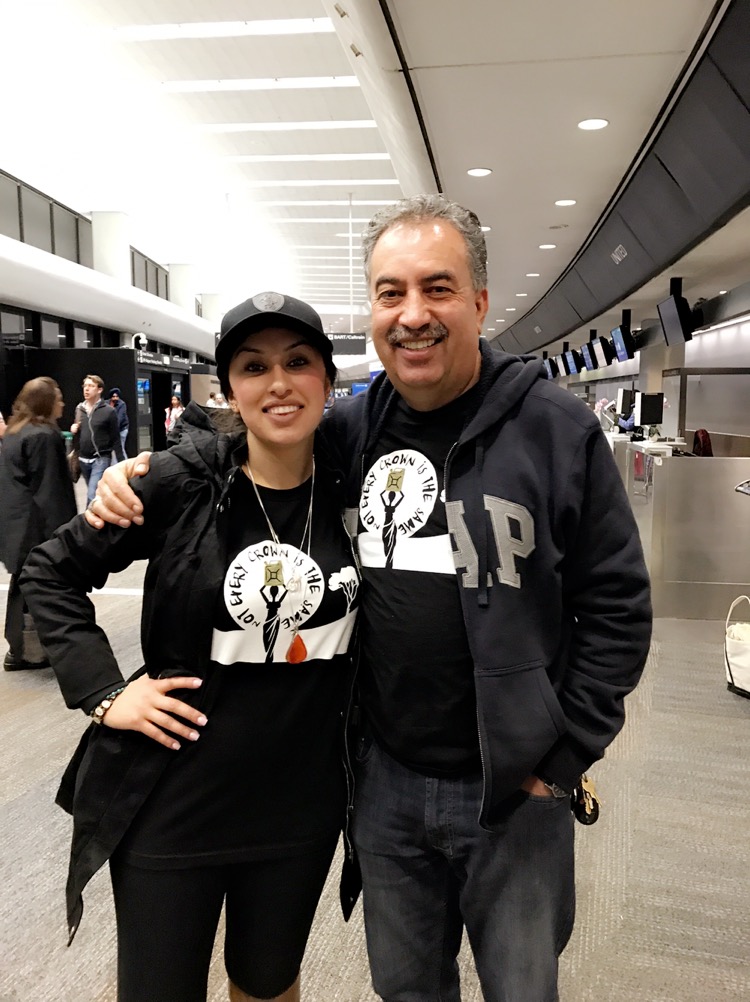As an organization, we have always felt the importance of thinking different, remaining open-minded, and not being attached to a set way of doing things. Flowing, like water, has enabled us to grow and impact the world despite the adversity that we face along the way.
Our newest initiative is Education is Life. The hope for this project has been to develop two schools in two different countries (Rwanda and Afghanistan), highlighting the importance of education. Zam Zam is not just about building water wells. Our mission is to create a better quality of life, and we believe education is an integral part of this complex equation. Solving complex problems doesn’t happen alone. 2017 has marked an important moment in our organization. We have crossed the chasm from being a small organization to having a strong footprint all over the world while still remaining 100% volunteer-based. We pride ourselves on the relationships we build with individuals and organizations, because nothing in this world can be achieved alone.
In September of this year, an organization by the name of Paxful reached out to us in hopes of contributing to our Education is Life project, specifically the school we were building in Rwanda. Paxful, a Peer to Peer Bitcoin marketplace connecting buyers with sellers, has a mission to give working people a simple, fair and secure platform for trading the value of their work. Shortly after the team at Paxful contacted us, Zam Zam sent them a proposal that included the infrastructure of the school, the water well project, and the farming crop system. Paxful approved and sent us the funds in order to begin development of the school. You may be asking; what does a Bitcoin company have to do with Zam Zam Water? Paxful cares about corporate responsibility, and they believe that positive things can happen through Bitcoin. The Education is Life project is not only a model for what can be built with Bitcoin, but is a model for how we create and sustain successful corporate partnerships.
Paxful was updated throughout every step of our development. Upon completion of the school, Paxful intended on visiting the site to see where their contributions went. The team at Zam Zam curated an entire four day trip from the moment Paxful landed in Rwanda to the moment they left. We were able to partner with local organizations to setup a gorilla trekking tour, a tour of the genocide memorial, as well as an entire day at village to get to know the people of Rwanda first-hand. Paxful wasn’t there to observe. They were there to serve. Throughout the trip the team at Paxful got their hands dirty and even contributed physical labor to the water projects. Two months after Paxful donated to the Education is Life cause, they were able to visit the site and realize the potential of partnering with Zam Zam.
This is the spirit of partnership. It’s about transparency, authenticity, hard work, and pure intentions. This relationship with Paxful has enabled Zam Zam to venture out into deeper and stronger relationships with potential partners in the future.
Potential ways your organization can partner with Zam Zam:
Corporate Gift
Percentage of Sale
Round-Up
Matching
Support Pipeline
Support Opperations
Gifts In Kind
Employee Fundraising
Customer Fundraising
Community Outreach
Media Support and Inventory
Gifted Social Media
Event Integration








![life[1].jpg](https://images.squarespace-cdn.com/content/v1/59497ec4bf629ab7571b14c4/1512425831097-XJB7Q7PHSKZ6WEVVUID2/life%5B1%5D.jpg)



![C0019T01[1].jpg](https://images.squarespace-cdn.com/content/v1/59497ec4bf629ab7571b14c4/1512425980180-HLGSVUTBYU3O3P5ZD2UF/C0019T01%5B1%5D.jpg)
![DSC00569[1].jpg](https://images.squarespace-cdn.com/content/v1/59497ec4bf629ab7571b14c4/1512426011154-OL8KQXNRO2NK1VJ5MXXH/DSC00569%5B1%5D.jpg)

![DSC00431[1].jpg](https://images.squarespace-cdn.com/content/v1/59497ec4bf629ab7571b14c4/1512426234203-DJZKG9MVLKB0KDWDEA9O/DSC00431%5B1%5D.jpg)










